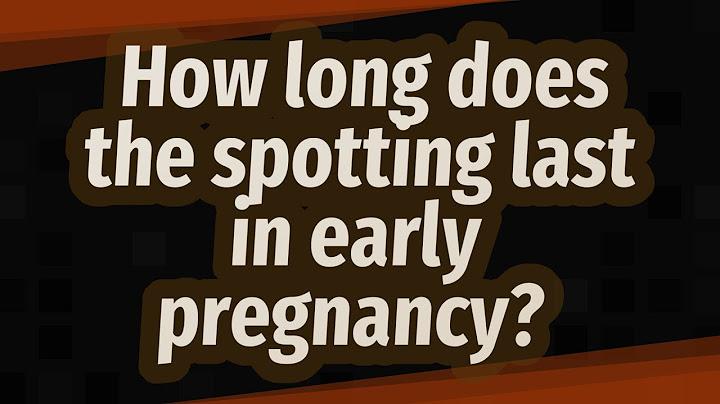Show
One of the most common questions asked of HVAC technicians is, “How often should I replace my central air conditioner system?” The answer truly varies based on many different factors, but there are some general consistencies and guidelines to follow. Here’s what you need to know. The Average Lifespan of an Air ConditionerMost of the air conditioners built today will last somewhere between 15 and 20 years before they’ll need to be replaced. Even if these systems are built with the best and highest-quality parts, something will come along in the next two decades that will render it inefficient. For this reason, most HVAC technicians will recommend replacing any HVAC system that is 15 to 20 years old with a newer, more efficient model. Most of the time, doing so will help you save money in the long run, even if the initial investment is a little more than you’d planned for. Repair or Replace?Even if the average air conditioner lasts 20 years, the truth is that this is an average. Some may fail after just 10 years, and others may last for 30 without so much as a single repair if they’re well-maintained. If your central air unit is getting up there in age, and you’re paying for at least one major repair every year, then it’s probably time to think about investing in a new system. The money you’re spending on repairs will add up, as will the inefficiency of a system that isn’t performing optimally. Making the DecisionIf a technician recommends that you replace your HVAC system with a newer model, it may be worth it to obtain a second opinion, if only for your peace of mind. While systems that are 10 years old don’t always need to be replaced, there are some circumstances in which it may be the best choice. If the system wasn’t well maintained during its lifespan, or if it is especially inefficient, replacement may just save you money, and very quickly, at that. Your technician should discuss all your options with you and help you make the right choice for both your budget and your comfort needs. Finding a Trusted HVAC CompanyPart of making the choice to repair or replace a central air conditioner system involves getting information from a company you can trust. This can be tough, especially when you have so many companies from which to choose locally. A trusted reputation and great customer service are the two main qualities you’ll need to look for. After all, if previous clients and customers are happy, then there’s a good chance you’ll be happy, as well. A central air conditioner system usually lasts 15 to 20 years before it needs to be replaced, but in some cases, it may need to be replaced sooner. Just because it’s still running doesn’t mean you should continue to use it – inefficiency can be a major expense by itself. PREVIOUS ARTICLE  NEXT ARTICLE  A central air conditioning system is an expensive investment, but most systems aren’t meant to last for much more than ten years. Ideally, it should be energy-efficient, while maintaining optimal comfort in every part of the home. Your system should be able to reduce the humidity level that contributes to the discomfort of summer heat, while lowering the temperature enough to let people sleep well or enjoy their activities when they’re awake. Even with regular maintenance, you may reach a point where your air conditioning system isn’t functioning well enough to keep your home comfortable during the hottest part of the summer. Here are a few signs that may indicate that it’s time to replace your central air conditioning system with a new air conditioning unit.
 Choosing the right replacement for your air conditioning system.When considering an air conditioning unit replacement, it is always best to contact a professional. Petro understands that homeowners feel overwhelmed and confused by all of the options and considerations that go into selecting the proper air conditioning unit to replace their existing one. Our team of air conditioning professional technicians are experienced, highly qualified, and trained. When you work with Petro, you get a team of home service professionals who are consistent and reliable. We carry the latest and most energy-efficient air conditioning units. You can always count on our team for fast, expert installation and around the clock repairs. Let us help you choose the best air conditioning system for your home. We will make sure that your system is installed correctly and that it works at peak performance, while reducing your utility costs. Let Petro install or repair your central air conditioning unit  Can an AC unit last 30 years?Air conditioners can last 10-15 years depending on various factors, while HVAC systems can even go up to 30 years before needing to be replaced.
When should you replace your central air unit?The average lifespan of an air conditioning system is 10-15 years. Central air conditioner lifespan is one of the more important factors to consider when planning to invest in a replacement unit. If your unit is close to ten years old or older, you may want to consider replacing it instead of repairing it.
How do I know if I need a new AC unit?5 Common Signs That You Need to Replace Your AC Unit. Lack of Cool Air & Limited Airflow. This is probably the most obvious sign that your AC is experiencing issues. ... . Buildup of Moisture. ... . Strange Sounds. ... . Foul Smells. ... . High Energy Bills.. What is the average life of a central heat and air unit?A: On Average, 10-20 Years
Here are the average life expectancies of different HVAC systems: Air conditioners and heat pumps: 10 to 15 years. Furnaces and boilers: 15 to 20 years. Geothermal: 30 years.
|

Related Posts
Advertising
LATEST NEWS
Advertising
Populer
Advertising
About

Copyright © 2024 membukakan Inc.


















